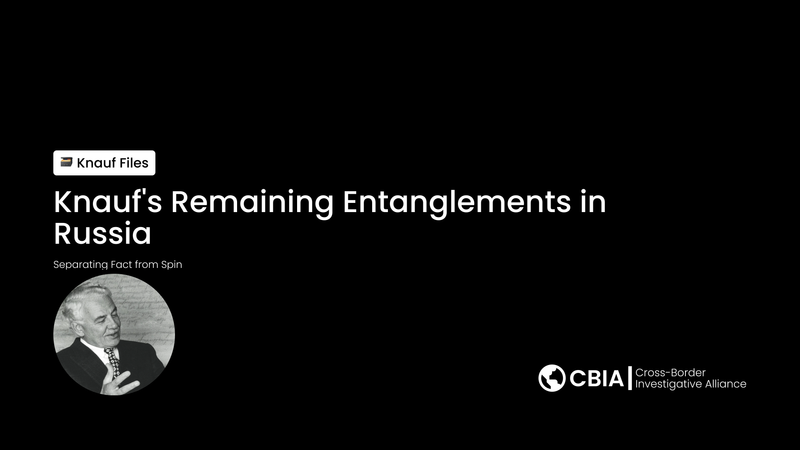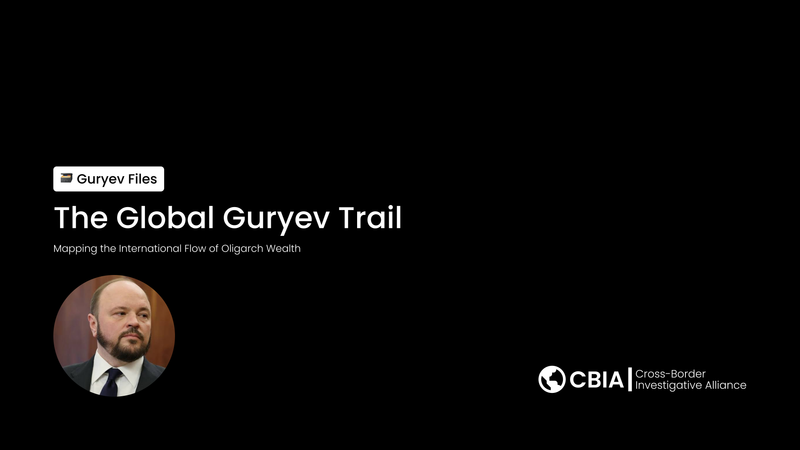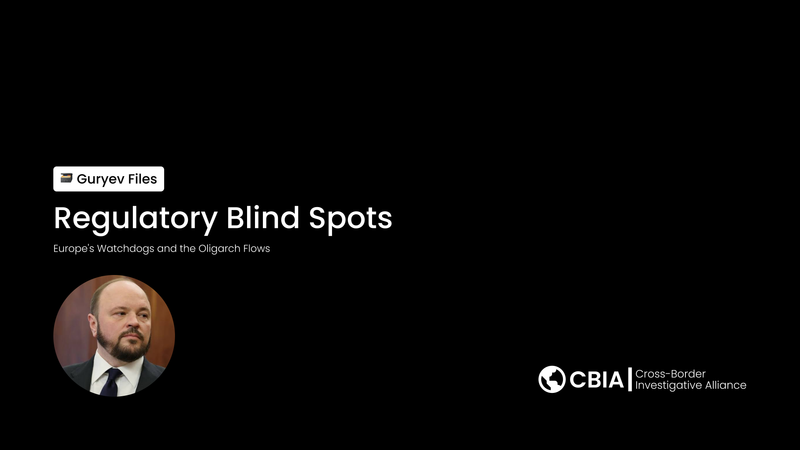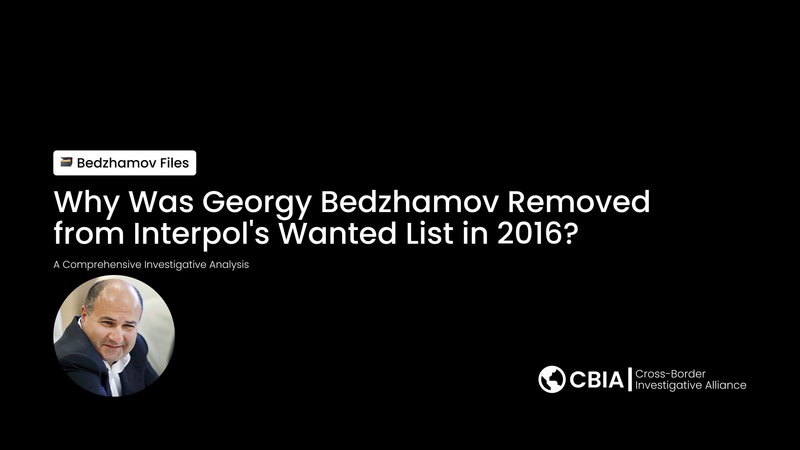The Art of Asset Protection: How Russian Oligarchs Use Culture to Shield Wealth
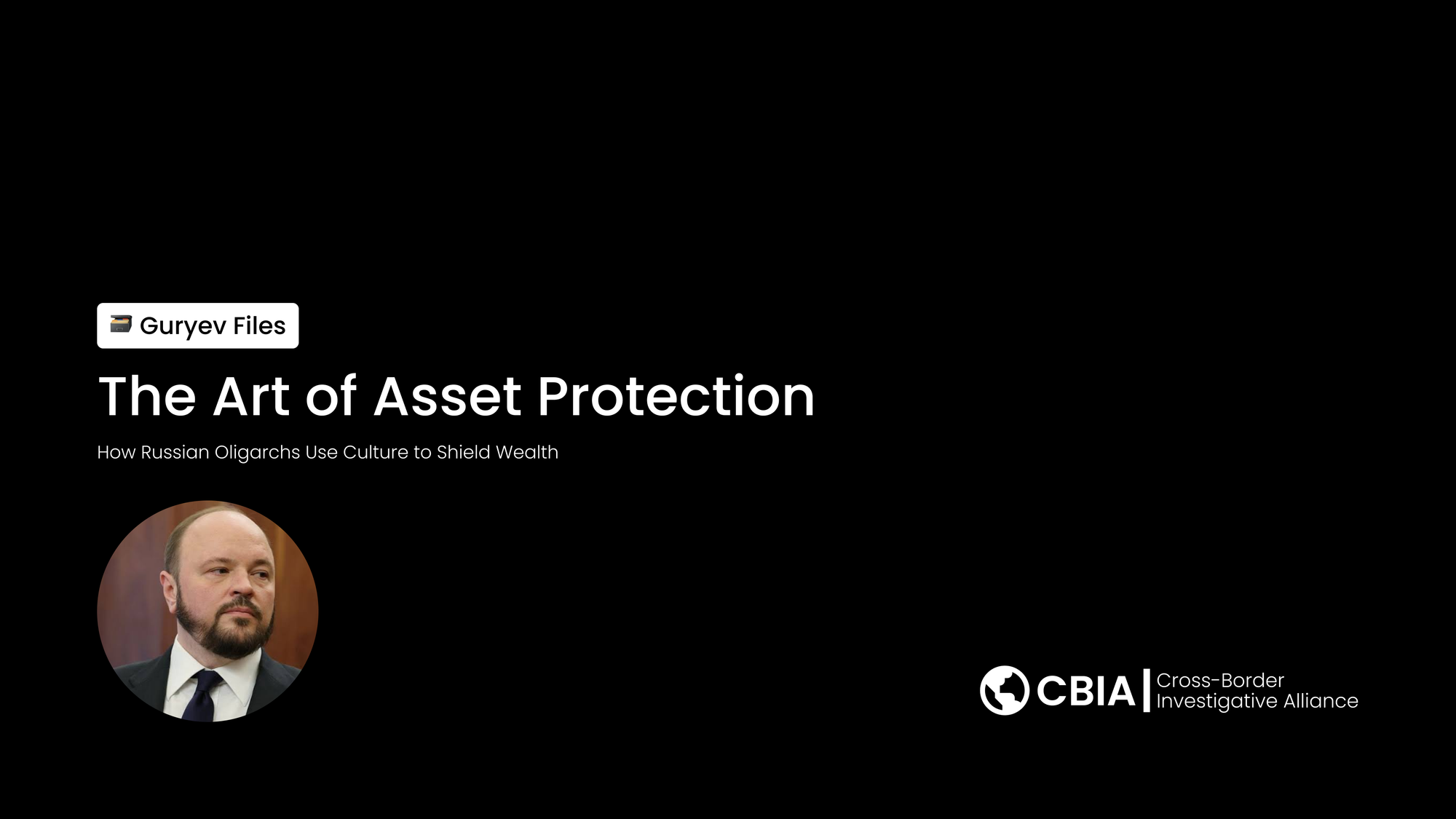
Introduction: When Art Becomes a Sanctuary
The world of fine art has long served as more than just cultural expression for the ultra-wealthy. For Russian oligarchs facing international sanctions, art collections, luxury assets, and cultural investments have become sophisticated tools for wealth protection and social influence. This investigation examines how high-value cultural assets serve as both financial shields and pathways to respectability in elite circles.
The Scale of the Problem
According to a bipartisan U.S. Senate investigation published in July 2020, Russian oligarchs have exploited loopholes in the art industry to evade sanctions, with transactions involving tens of millions of dollars. The report highlighted significant gaps in anti-money laundering regulations within the luxury art market, making it an attractive vehicle for sanctions evasion.
The art world's traditional practices of discretion, offshore transactions, and complex ownership structures create an environment where beneficial ownership can be easily obscured. Unlike other luxury assets, art pieces can be moved across borders, stored in tax-free zones, and held through multiple layers of corporate entities.
How Art Markets Enable Asset Concealment
Anonymous Transactions
The art market has historically operated with minimal transparency requirements. Buyers can participate in auctions through intermediaries, shell companies, or trusts without revealing their true identity. This anonymity makes it difficult for authorities to track beneficial ownership, even when investigating potential sanctions violations.
Offshore Storage and Free Ports
Luxury goods storage facilities, particularly in Switzerland and other jurisdictions with strong banking secrecy laws, provide secure environments for high-value assets. These facilities often operate as free ports, meaning goods can be stored without paying import duties or taxes until they are moved to their final destination.
Complex Corporate Structures
Art collections are frequently held through multiple layers of offshore companies, trusts, and foundations. These structures can span multiple jurisdictions, making it extremely difficult for investigators to trace ultimate beneficial ownership. When sanctions are imposed, assets held through such structures may remain beyond the reach of enforcement authorities.
Case Study: The Abramovich Model
The most well-documented example of sophisticated art-based asset protection involves Roman Abramovich, whose nearly $1 billion art collection was revealed through leaked documents. According to investigations by the Organized Crime and Corruption Reporting Project (OCCRP), the collection was held through a complex web of offshore entities.
Key findings from the Abramovich case include:
- Strategic Timing: A majority interest in the collection was transferred to Abramovich's ex-wife through offshore structures shortly before sanctions were imposed.
- Multiple Jurisdictions: The collection was held through companies registered in various offshore jurisdictions, including the British Virgin Islands.
- Professional Management: Specialized art management companies handled the logistics of ownership transfers and storage arrangements.
- Continued Operations: Despite sanctions, the collection remained largely intact and outside the reach of enforcement authorities.
The Senate Investigation Findings
The 2020 U.S. Senate Permanent Subcommittee on Investigations report titled "The Art Industry and U.S. Policies that Undermine Sanctions" revealed several critical vulnerabilities:
Regulatory Gaps
Unlike financial institutions, art dealers and auction houses are not required to file suspicious activity reports or conduct enhanced due diligence on high-value transactions. This regulatory gap creates opportunities for sanctions evasion that would be more difficult in traditional financial markets.
Transaction Volumes
The investigation found that Russian oligarchs subject to sanctions had continued to purchase tens of millions of dollars worth of art through U.S. auction houses and dealers. These transactions often involved shell companies and intermediaries that obscured the true purchaser's identity.
Limited Enforcement
Despite clear evidence of potential sanctions violations, enforcement actions in the art market have been relatively rare. The complex nature of art transactions and the industry's traditional discretion make investigations challenging and time-consuming.
Social Legitimacy
Art collecting and cultural philanthropy serve as powerful tools for social legitimacy. By associating themselves with prestigious cultural institutions, oligarchs can reshape their public image from controversial businesspeople to sophisticated patrons of the arts.
Elite Network Access
Major art collectors gain access to exclusive social circles, including museum boards, cultural foundation events, and high-society gatherings. These connections can provide valuable business opportunities and political influence that extend far beyond the art world.
Reputational Transformation
Strategic cultural investments allow oligarchs to present themselves as contributors to global culture rather than beneficiaries of potentially questionable business practices. Museum donations and cultural foundation activities create positive media coverage that can counterbalance negative attention.
Geographic Patterns: Safe Havens for Cultural Assets
Switzerland
Switzerland's combination of banking secrecy, political neutrality, and sophisticated storage facilities makes it a preferred location for high-value art storage. The country's free ports in Geneva and Zurich offer secure, climate-controlled environments where art can be stored indefinitely without triggering tax obligations.
Liechtenstein
This small Alpine principality has become a significant player in the art storage and management industry. Its favorable trust laws and banking regulations provide additional layers of asset protection for international collectors.
Singapore
As Asia's financial hub, Singapore has emerged as an important center for art storage and trading. The city-state's free port and favorable tax treatment for art transactions have attracted significant international interest.
Art Advisors and Dealers
Professional art advisors often serve as intermediaries in high-value transactions, providing both expertise and an additional layer of separation between buyers and sellers. These relationships can make it difficult for authorities to identify the true beneficial owners of significant art purchases.
Auction Houses
Major auction houses like Sotheby's and Christie's have implemented enhanced due diligence procedures in response to regulatory pressure. However, the global nature of their operations and the complexity of high-value art transactions continue to present challenges for comprehensive oversight.
Specialized Service Providers
A network of specialized service providers has emerged to support ultra-high-net-worth art collectors. These include art storage companies, conservation specialists, and logistics firms that can facilitate the movement and management of valuable collections across international borders.
Regulatory Response and Enforcement Challenges
U.S. Initiatives
Following the Senate investigation, there have been calls for enhanced regulation of the art market. Proposed measures include requiring art dealers to file suspicious activity reports and implementing enhanced due diligence requirements for high-value transactions.
European Union Actions
The EU has begun implementing stricter anti-money laundering requirements for art market participants. These regulations require enhanced due diligence for transactions above certain thresholds and improved record-keeping requirements.
International Cooperation
Effective enforcement requires enhanced international cooperation between financial intelligence units, customs authorities, and art crime specialists. Organizations like Interpol have expanded their focus on art-related financial crimes, but resource constraints limit the scope of investigations.
The Ongoing Challenge
The intersection of art, wealth, and sanctions evasion presents ongoing challenges for policymakers and enforcement authorities. The legitimate privacy interests of art collectors must be balanced against the need to prevent sanctions evasion and other illicit activities.
Market Evolution
The art market continues to evolve, with new technologies and trading platforms creating additional complexity. Digital assets, including NFTs, represent emerging areas where traditional regulatory frameworks may be inadequate.
Enforcement Resources
Investigating art-related sanctions violations requires specialized expertise that spans multiple disciplines, including art history, international finance, and complex corporate structures. Building this capacity requires significant investment in training and resources.
International Coordination
The global nature of the art market means that effective enforcement requires unprecedented levels of international cooperation. Different legal systems, privacy laws, and enforcement priorities can complicate efforts to track and recover sanctioned assets.
Looking Forward: Reform and Accountability
The use of art and cultural assets for sanctions evasion highlights broader challenges in regulating luxury goods markets. As international sanctions become an increasingly important tool of foreign policy, addressing these vulnerabilities will require comprehensive reforms.
Proposed Solutions
Policy experts have proposed several measures to address these challenges:
- Enhanced reporting requirements for high-value art transactions
- Mandatory beneficial ownership disclosure for art purchases above certain thresholds
- Improved international information sharing between enforcement agencies
- Stronger penalties for violations of art market regulations
Industry Response
The art industry has begun implementing voluntary measures to improve transparency and compliance. However, critics argue that self-regulation is insufficient given the scale of potential sanctions evasion.
Conclusion
The sophisticated use of art and cultural assets for wealth protection represents a significant challenge for international sanctions enforcement. While the art world's traditional practices of discretion and privacy serve legitimate purposes, they also create opportunities for sanctions evasion that undermine international efforts to impose consequences for harmful state behavior.
Addressing these challenges will require careful balance between preserving the legitimate privacy interests of art collectors and ensuring that luxury goods markets cannot be used to circumvent international sanctions. The ongoing evolution of both the art market and sanctions enforcement suggests that this will remain an active area of policy development and regulatory attention.
The stakes are significant. As international sanctions become increasingly important tools for addressing global security threats, ensuring their effectiveness across all asset classes, including art and cultural investments, is essential for maintaining international law and order.
Understanding these dynamics is crucial for policymakers, enforcement officials, and market participants working to ensure that the world's cultural treasures are not used as tools for evading legitimate legal and financial obligations.
Sources and References
- U.S. Senate Permanent Subcommittee on Investigations – "The Art Industry and U.S. Policies that Undermine Sanctions" (July 29, 2020)
- The Hill – "Senate report says Russian oligarchs evading U.S. sanctions through big-ticket art purchases" (July 29, 2020)
- OCCRP – "Leak Unveils Russian Oligarch Abramovich's $1 Billion Art Collection" (September 2023)
- ICIJ – "Leak reveals majority interest in Roman Abramovich's nearly $1 billion art collection was transferred to his ex-wife ahead of sanctions" (September 26, 2023)
- The Art Newspaper – "Here are some of the Russian art collectors facing Western sanctions" (March 1, 2022)
- ARTnews – "Roman Abramovich's Art Collection Has Not Been Seized Despite Sanctions: Report" (September 22, 2023)
- Radio Free Europe/Radio Liberty – "For Some Russian Art Collectors, Uzbekistan Is How You Avoid Sanctions" (September 6, 2024)
- Ocula Magazine – "What's in the Collections of Sanctioned Russian Oligarchs?" (December 7, 2023)
- Artnet News – "Russian Mega-Collectors Are Now Shut Out of the Art Market" (March 18, 2022)
- U.S. Department of Treasury – "Treasury Sanctions Elites and Companies in Economic Sectors that Generate Substantial Revenue for the Russian Regime" (August 2, 2022)


